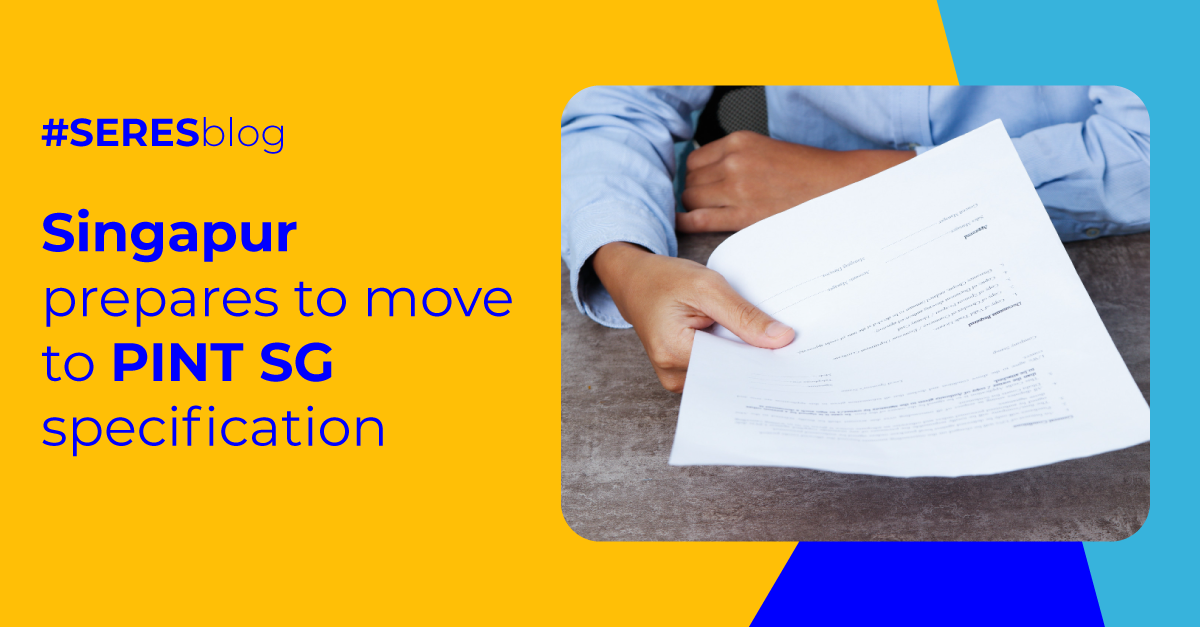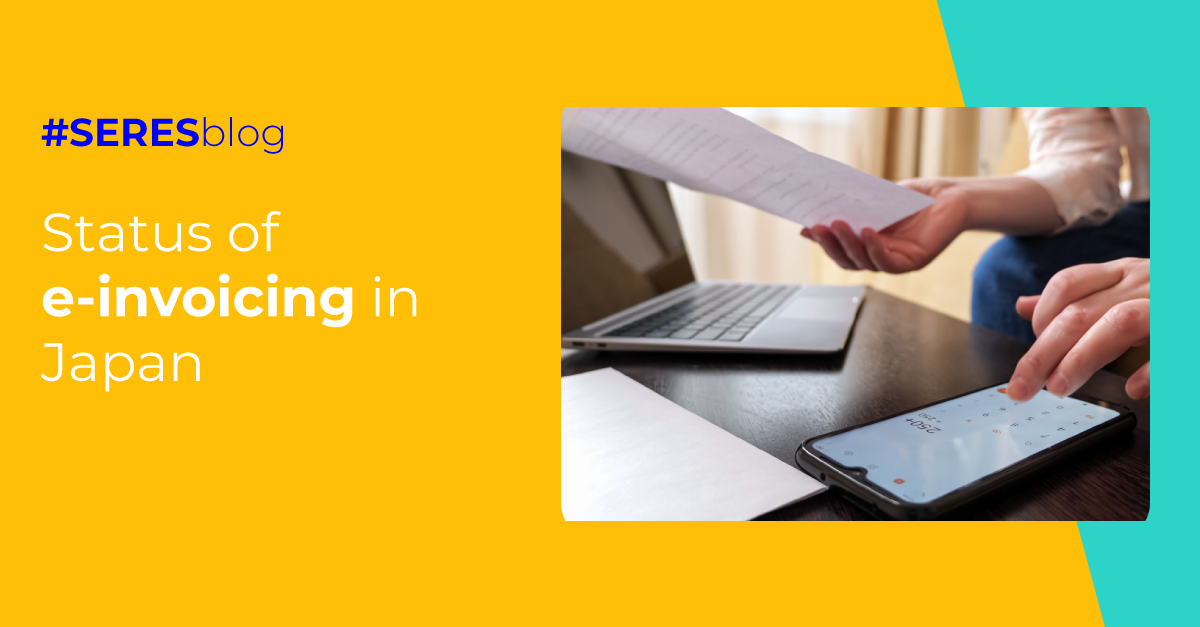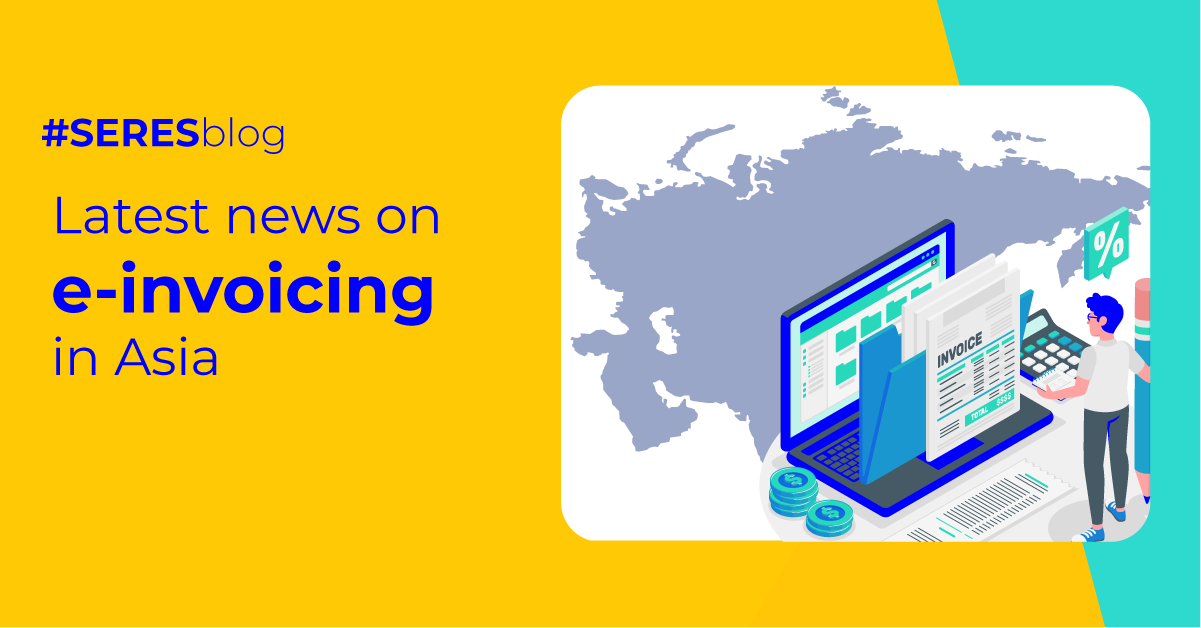Malaysia's e-invoicing regime is now up and running
On 5 January 2026, Malaysia announced a postponement in the implementation of the fourth phase of mandatory electronic invoicing until 2027, applicable to taxpayers with annual sales between RM1 million and RM5 million.
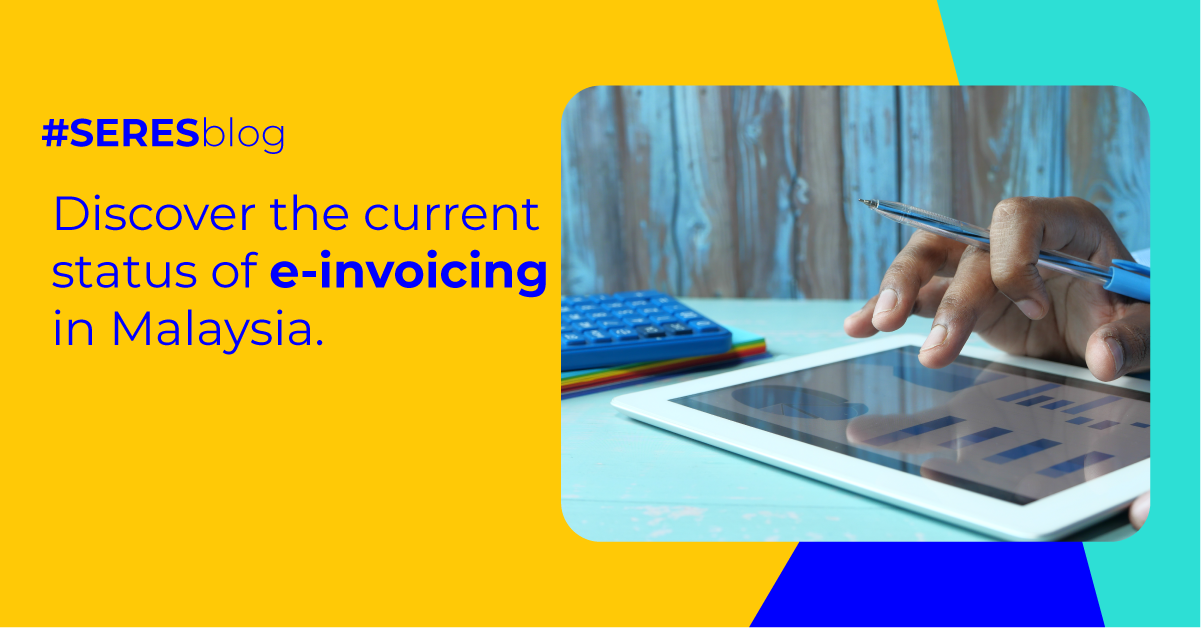
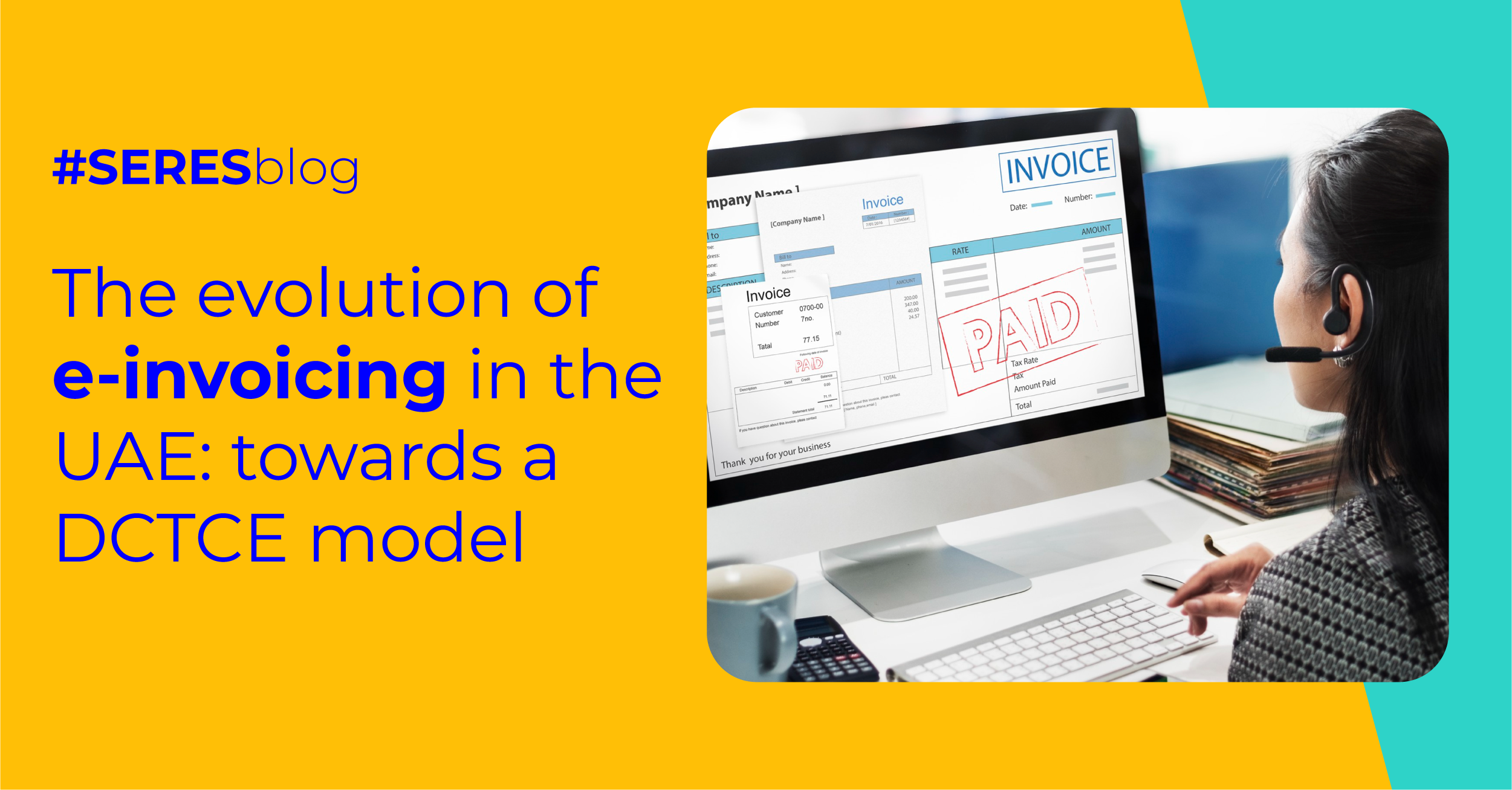

.png)
